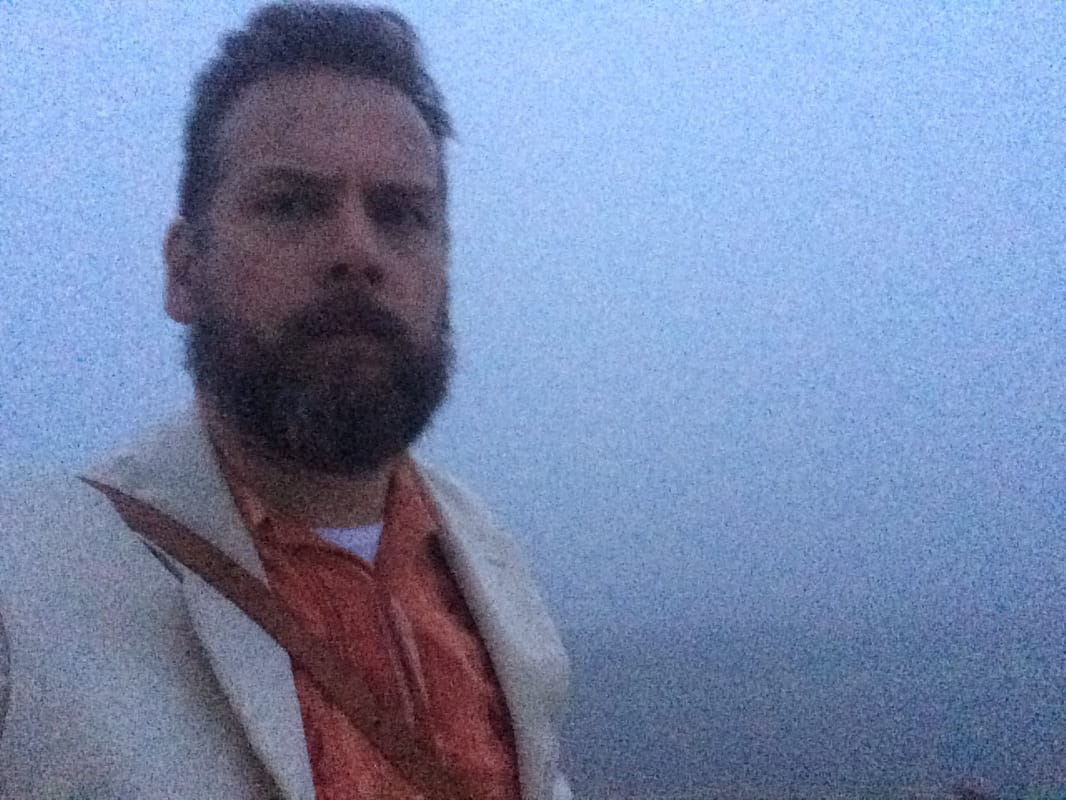|
Unforgiven, Clint Eastwood's 1992 Western, represented for many the arrival of Eastwood as a director to be taken seriously. He had already garnered critical success with some of his previous efforts, most notably his debut Play Misty for Me (1971) and Honky Tonk Man (1982) and one of my favourites White Hunter Black Heart (1990), but in their midst came such pap as The Rookie (1990) which came out the same year. For the gem-like wonderfulness of Bird (1988) came the workmanlike Firefox (1982). More importantly perhaps, Unforgiven was a successful western at a point when the very idea of such a thing seemed an impossibility. As with Jazz (Eastwood's other great love), it seemed as if the best lay in the past and all that remained was to pay homage to the long gone greats. Unforgiven is a thoughtful, deep and moving piece of work. To say it is a deconstruction of the genre (albeit true) is to suck out the vitality of what it does. Like saying Casablanca is about some people waiting for a plane. William Munney is one Eastwood's most complete portrayals. A man who has eschewed not only killing, drink and fornication, but also masturbation and cursing out and mistreating animals. It is an abiding irony throughout the film that the first of his resolutions to fall is killing people for money. Next comes cursing his horse. The equation of lives for money is explicit. The prostitutes, Skinny says, represent capital, damaged capital in the case of the girl who gets cut. This is a rudimentary savage form of capitalism. Munney himself is called (ahem) money. But it is not only the economy that is revealed to be deeply wrong. There is also a subtle critique of the broader political system.
English Bob (played with wonderful aplomb by Richard Harris in one of his finest late career roles) baits and teases the Americans on their predilection for shooting their presidents. This is in the wake of Garfield's assassination, the headline of which we spy in a folded newspaper. It is a fact he pontificates on throughout several different scenes and the lauding of monarchy over the young republic is at first not supposed to be taken seriously. Bob is obnoxious, elitist and long-winded, and later we will find he is also an imposter. However, he refers at one point to how a member of the royal family would be protected from assassination. The aura of majesty would make the assassin's hand shake as with a palsy, he says, and the monarch would remain unharmed: 'Whereas a president, well, why not shoot a president?' By the end of the film, with Munney, having returned to drinking and full throated and competent violence, he goes through Big Whiskey on his horse and a man raises a rifle to shoot him, encouraged by his friend, but the man is unsure and his hands shake and he lowers the rifle. Exactly as English Bob predicted it would in the case of a king, leaving us with the impression that William Munney is the King of America. David Webb Peoples adds an addendum to the film which offers the possibility that Munney transferred his skills to more orthodox capitalism and did well in dry goods in San Francisco. This is only a rumour and given the compromised nature of hearsay and legend in the film, there is no need to believe it. In the end, Unforgiven is a masterpiece, beautifully shot, brilliantly paced and with some of the best dialogue from the writer who gave us Blade Runner and Twelve Monkeys. He also gave us Salute of the Jugger and Kurt Russell in Soldier, but no one is perfect.
0 Comments
Leave a Reply. |
AuthorJohn Bleasdale is a writer. His work has appeared in The Guardian, The Independent, Il Manifesto, as well as CineVue.Com and theStudioExec.com. He has also written a number of plays, screenplays and novels. Archives
March 2019
|
 RSS Feed
RSS Feed


